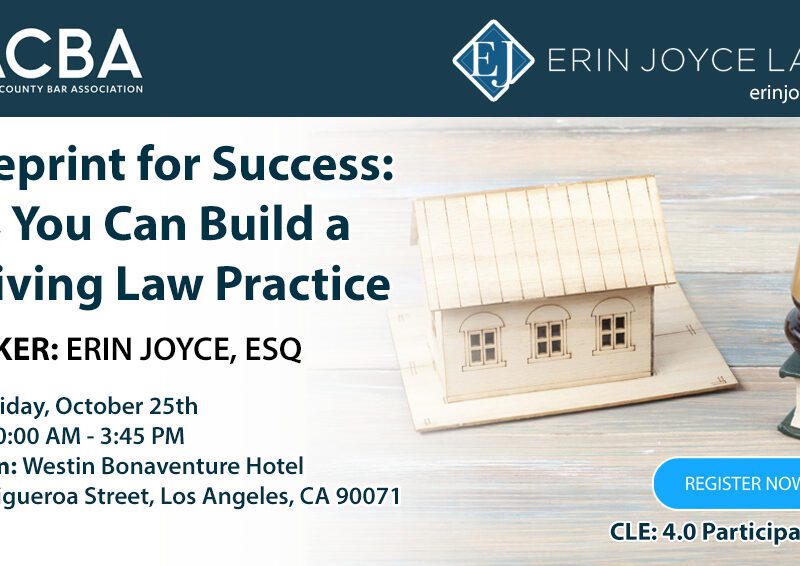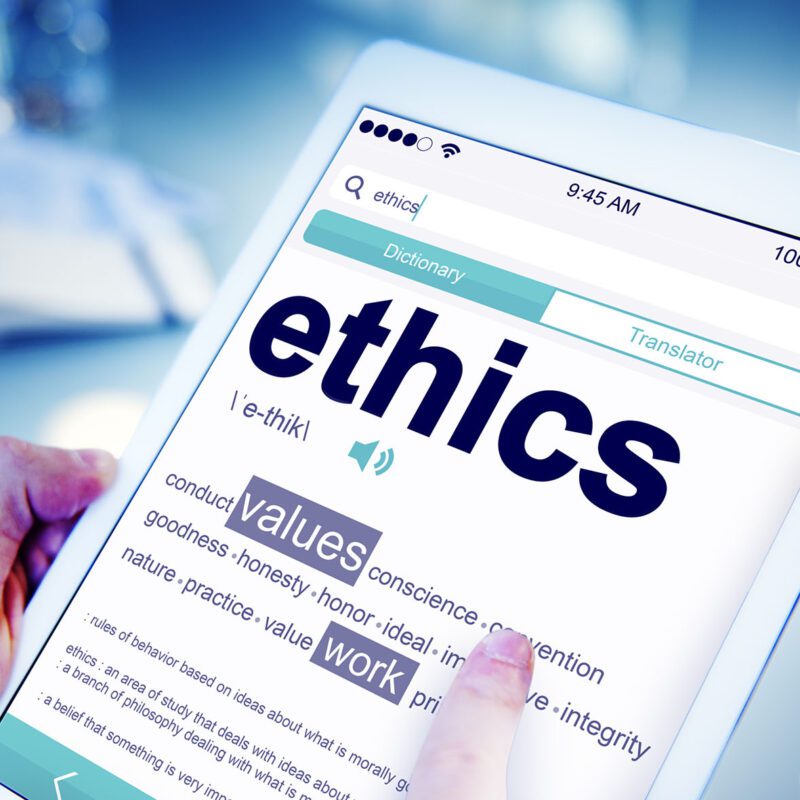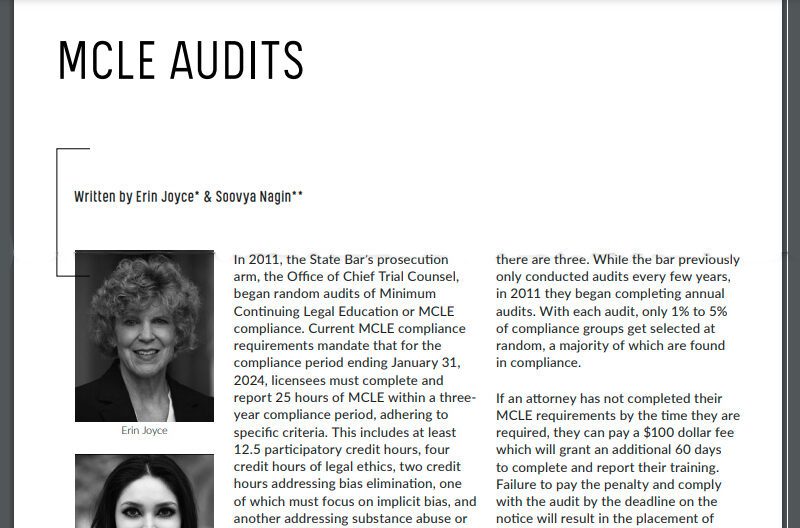When a complaint is lodged with the State Bar, it is assigned to the Office of Chief Trial Counsel (OCTC). From that moment the six month clock starts ticking to complete the investigation and either close or otherwise resolve the case with either the filing of a Notice of Disciplinary Charges (NDC) or Disciplinary Stipulation.
Cases are initially screened and those which could never result in discipline can be closed (for example, a complaint that a “rude” attorney used cuss words during a meeting with a potential client). However, the majority of complaints are assigned to an investigator and attorney legal advisor as an investigation, where more information is obtained from the complaining witness and the respondent attorney to determine if there is sufficient evidence to show a violation of the State Bar Act or one of the Rules of Professional Conduct.
Reportable actions, such as dishonored client trust account checks, are also assigned to an investigator/legal advisor team for further handling. The investigator will usually send a letter to the respondent attorney seeking an explanation for the allegations in the complaint, and documentary evidence to support the attorney’s response. The investigator letter has a laundry list of requested documents which the attorney needs to produce. An attorney has an ethical obligation under Business and Professions Code section 6068(i) to cooperate with a State Bar investigation involving the attorney; however, the respondent attorney can assert statutory and Constitutional privileges, including the attorney client privilege and the privilege against self-incrimination.
Attorneys have the right under Business and Professions Code section 6085 to counsel at their own expense during any point in a State Bar investigation. It is wise to hire counsel at the earliest opportunity, otherwise the chances to resolve a case quickly at the incipient stages can be lost. An attorney has to cooperate, but too often a respondent attorney may provide too much information or be too defensive in the response, which could open up new areas of inquiry for the State Bar to investigate. Moreover, any misstatements or inaccuracies in a response to the State Bar from a respondent attorney can be investigated as a misrepresentation to the State Bar (which constitutes moral turpitude).
OCTC has prosecutorial discretion to decide which cases to file. Before filing formal charges (the NDC), the assigned trial counsel is required to send out a notice of intent letter and upon request, must provide the evidence supporting the planned charges including the investigation report.
The respondent attorney can ask for an Early Neutral Evaluation (ENEC) before the NDC is filed, so that a neutral State Bar Court judge can consider the evidence and the proposed charges. This is an opportunity for the respondent attorney to provide evidence to support the attorney’s position and also to provide mitigating evidence which could bear on the level of discipline.
Once an NDC is filed in State Bar Court, the proceeding is similar to a civil case. The rules of evidence are relaxed, since the State Bar adopted an evidentiary standard similar to (but not identical with) the APA. There is limited discovery in State Bar proceedings.
The trial is a bench trial, and usually conducted on consecutive days. The trial court has ninety (90) days to issue a decision at the end of the case. The court can invite closing briefs, and hold open the submission until the briefing is completed.
The Hearing Judge’s decision can be appealed to the Review Department by the respondent attorney or OCTC within 30 days of the decision. The opinion of the Review Department can be appealed to the Supreme Court, but in practice, only a small number of State Bar cases are ever reviewed by the Supreme Court.
LAW IN THE NEWS
CONTACT ERIN JOYCE LAW
REPRESENTING CLIENTS THROUGHOUT ALL OF CALIFORNIA
When you get a letter from the State Bar, don’t go it alone! You need competent, experienced counsel to respond to the State Bar at every stage. Your license is at risk, so ensure you have the best representation from a former State Bar prosecutor before sending any response to an investigator or responding to formal charges leveled by the State Bar. You cannot make an informed decision without good advice. Call Erin now.





















